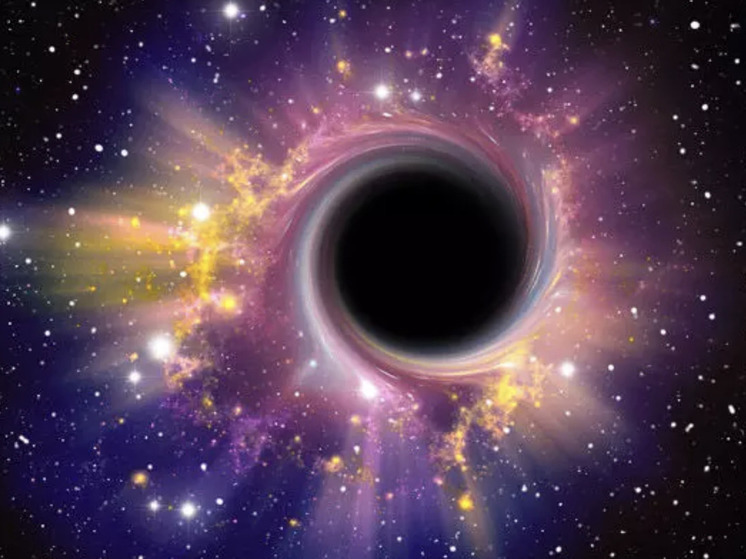Could devour the entire planet if it gets too close
Ancient black holes could change Earth's orbit at least once every 10 years — and could change our planet's distance from the sun, scientists say . Primordial black holes the size of a hydrogen molecule may be dark matter. In this case, the primary black hole can swallow the entire Earth if it comes too close.

Scientists have discovered that some ancient black holes are changing the Earth's orbit. According to the Daily Mail, a team from the Massachusetts Institute of Technology (MIT) has suggested that spinning masses of matter called primordial black holes fly past our solar system at least once every decade, affecting planets and moons.
The primordial black holes, which formed shortly after the Big Bang 12.8 billion years ago, may be the size of a microbe but have the density of an asteroid, which could lead to «orbital wobbles», writes the Daily Mail.
The team's statement suggests that the distances of planets from the Sun or Earth may change over time.
The idea of primordial black holes was proposed by astrophysicist Stephen Hawking and his graduate student Bernard Carr, who argued that in the first moments of the Big Bang in the Universe «lumpy» regions with additional mass could have formed, which collapsed into black holes.
But ancient black holes in the Universe have yet to be discovered.
The new study is based on the theory that the Universe is rife with primordial black holes, meaning that objects would have to pass by our cosmic neighborhood.
Researchers have calculated how close a primordial black hole would have to come to planet or moon in our solar system to change the motion.
The study used simulations that included all eight planets, about 300 planetary satellites (such as moons), more than 1.3 million asteroids and nearly 4,000 comets.
And the model also included runaway primordial black holes.
The team observed that if an asteroid with the mass of the Sun were to approach within just two astronomical units, the orbits of the planets and moons would wobble by several feet. However, the researchers noted that this wobble would not destroy our planet. They are now developing methods to measure these gravitational fluctuations, trying to gather the first concrete evidence to support the long-suspected «dark matter».
Physics experts have long estimated that about 85 percent of all matter in the universe is dark matter, but nothing of this huge amount has never been discovered.
Essentially, their plan is to measure any gravitational «wobbles» changing the Earth's distance from the Moon, along with many other well-known orbits within our solar systems to identify any tiny but dense dark matter particles floating past us.























































Свежие комментарии